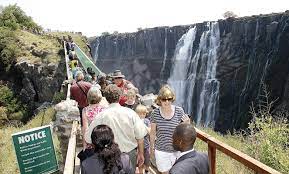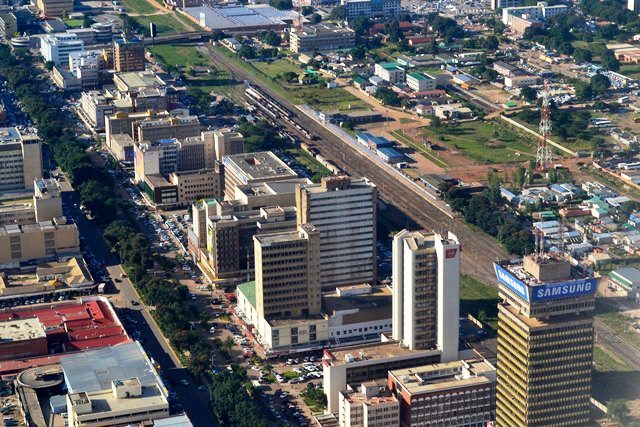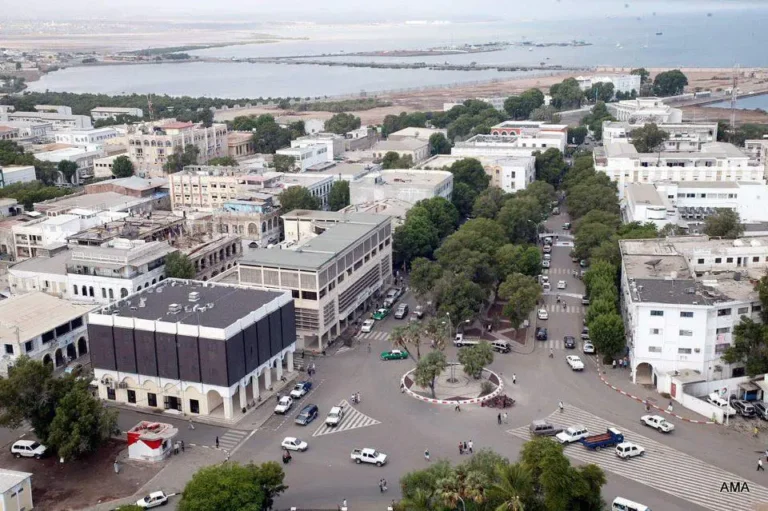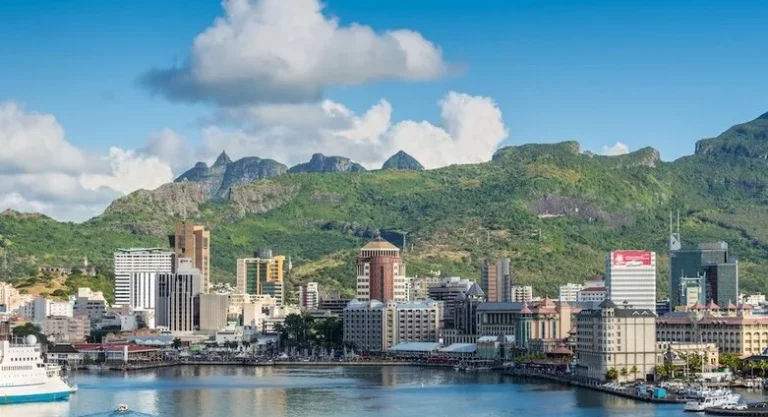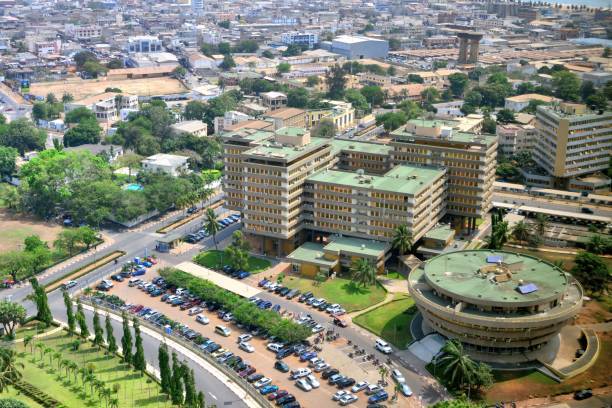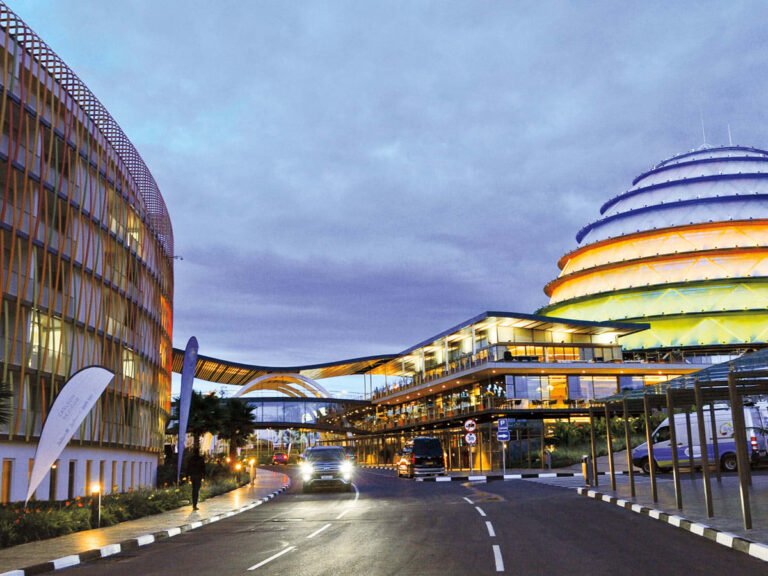Zambia, officially the Republic of Zambia is a landlocked country at the crossroads of Central, Southern, and East Africa. Its neighbors are the Democratic Republic of the Congo to the north, Tanzania to the northeast, Malawi to the east, Mozambique to the southeast, Zimbabwe and Botswana to the south, Namibia to the southwest, and Angola to the west. The capital city of Zambia is Lusaka, located in the south-central part of Zambia. 19,928,425 as of Tuesday, July 4, 2023, based on Worldometer elaboration of the latest United Nations data.
Hakainde Hichilema (born 4 June 1962) is a Zambian businessman, farmer, and politician who is the seventh and current president of Zambia since 24 August 2021. After having contested five previous elections in 2006, 2008, 2011, 2015, and 2016, he won the 2021 presidential election with over 59% of the vote.
The economy of Zambia fell into a deep recession due to the adverse impact of the COVID–19 pandemic. Real GDP contracted by an estimated 4.9% in 2020, after growing by 4.0% in 2018 and 1.9% in 2019.
The economy is projected to grow by 1.0% in 2021 and 2.0% in 2022, underpinned by a recovery in the mining, tourism, and manufacturing sectors. The recovery in international demand and copper prices are positive developments, while a reduction in COVID–19 cases will boost activity both in manufacturing and tourism.
Zambia’s main export is copper which accounts for 70 percent of Africa’s production and 60 percent of the country’s total exports. Other exports include: sugar, tobacco, gemstones, cotton, and electricity
In 2020, the estimated youth (aged between 15-35 years) unemployment rate in Zambia was 37.3% where 44.1% was for females and 31.8 percent for males.
Zambia has committed to youth empowerment by signing and ratifying international instruments including the Convention on the Rights of the Child and the African Youth Charter, in addition to its national laws and policies, which, if fully implemented, can spur youth development.
Zambia developed a program of “Integration of Zambia local authorities in the European Cooperation Programming Process 2021-2027” aimed at enhancing the preparedness of local authorities and their national associations in the dialogue and interaction with the central government and the EU delegation at the country level.
Zambia has also Vision 2030 (2006-2030) that aims to transform Zambia into a prosperous middle-income nation by 2030 and to create a new Zambia which is a “strong and dynamic middle-income industrial nation that provides opportunities for improving the well-being of all, embodying values of socio-economic justice.” In effect, the aspirations of Vision 2030 are operationalized through the national development plans.
Business opportunities in Zambia
The Zambian Government is committed to diversifying the economy away from the mining sector while increasing the number of Public-Private Partnerships (PPPs), improving the country’s infrastructure and public sector delivery.
The Government seeks also strategic partners in various projects in ICT, telecommunications, roads and rail, power generation, tourism, waste management, and water supply. Other investment opportunities in Zambia include the following: Mining, agriculture, agro-processing, Tourism, energy, electricity, petroleum, Manufacturing sector




